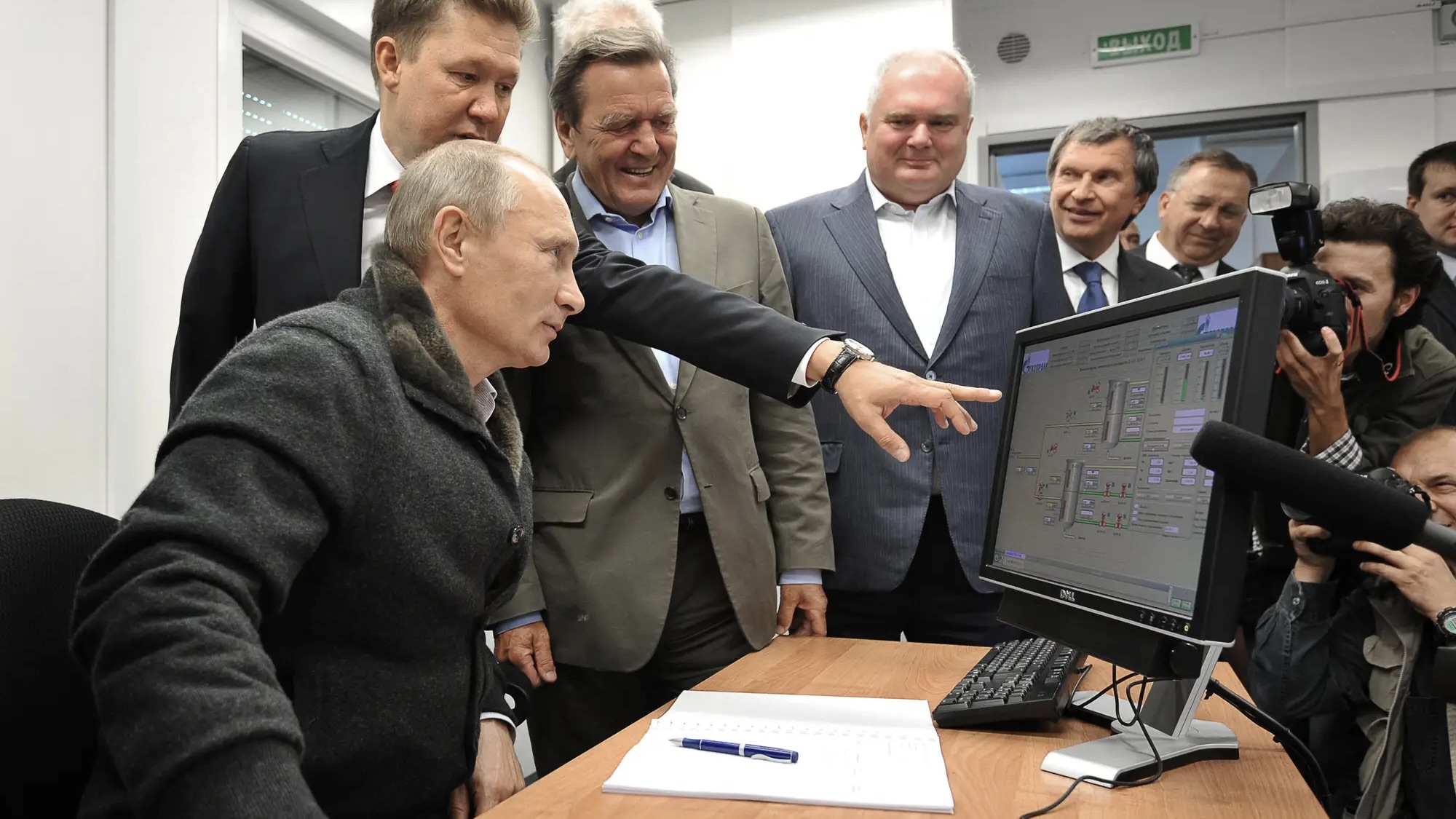Russian officials are considering a 'Russian Electronic Arts' to save the country's crumbling games industry
A Russian EA was one of many ideas floated at a December meeting of government officials and tech sector representatives.

With the country's plans for a national game engine on life support, Russia has begun investigating other means of revitalising its faltering games industry. In a meeting held between officials and industry representatives in the Russian Ministry of Digital Development on December 15, the government began to consider a federal project it's calling "The Gaming Industry of the Future". One of the potential options? "Found a Russian Electronic Arts to help streamline the release of high-quality Russian games". Hey, the FIFA licence is available now.
According to materials seen by Kommersant, Russian authorities are hoping to establish a new set of institutions to stabilise and corral Russian game development. On top of two bodies intended to focus on industry regulation, research, and training, officials also want to establish "Rosgame": A centre for the "strategic development" of the Russian games industry, which would focus on the "regeneration and the development of the industry" as well as the "development and publishing of games".
The bigwigs have three possible scenarios for Rosgame in mind, ranging from the unlikely to the absurd. The first, a so-called "stabilisation scenario," envisions a $7 billion investment that sees the games industry recover and Russia enter the ranks of the "top 20 game development countries" by 2030. There's also an "ambitious scenario," requiring a $20 billion injection, which would entail an "industry breakthrough". Kommersant, perhaps wryly, notes that "the essence of [the industry breakthrough] was not disclosed" in the materials it saw.
But where the rubber really hits the road is in the $50 billion "leadership scenario," which would apparently see the Russian games scene turn into a "soft power tool" that could go toe-to-toe with games industry titans by 2030. Soft power, if you're unaware, refers to cultural influence—the power to persuade and co-opt others to adopt your values—in contrast to military and economic hard power.
Suggesting that even they might be aware of how unlikely that sounds, the office of Dmitry Chernyshenko, Russia's deputy PM for Tourism, Sport, Culture, and Communications, clarified that the authorities haven't really figured out how to fund any of that yet, and that "extra-budgetary mechanisms" will likely be the proposal.
A document prepared by the non-profit Agency for the Development of Computer Sports and Other Types of Sport (ARKIVS), whose representatives were also in attendance at the December meeting, proposed some concrete goals for the Gaming Industry of the Future project. Apart from establishing a Russian EA, ARKIVS imagines that, by 2030, Russian game development will have earned a billion foreign users, produced four Russian game engines, and have [deep breath] somehow produced two new games consoles. All this despite the fact that Russia is still subject to severe international sanctions following its invasion of Ukraine, and many games companies have exited the country entirely.
Doesn't sound likely, does it? If I were a betting man, I'd suggest that many of these plans would be dramatically scaled down or completely frozen just as soon as they leave the judgement-free zone of the Digital Development Ministry's offices. Still, it's interesting to note that games loom large enough in the minds of Russian ministers—not just as an economic sector, but as a tool of soft power—to warrant multiple mooted schemes to keep Russian gaming propped up. With China also in the process of reassessing its hostility to games in the context of their use as a tool of cultural influence, the world's ongoing great power competition might start impacting our hobby sooner rather than later. More than it already was, that is.
Keep up to date with the most important stories and the best deals, as picked by the PC Gamer team.

One of Josh's first memories is of playing Quake 2 on the family computer when he was much too young to be doing that, and he's been irreparably game-brained ever since. His writing has been featured in Vice, Fanbyte, and the Financial Times. He'll play pretty much anything, and has written far too much on everything from visual novels to Assassin's Creed. His most profound loves are for CRPGs, immersive sims, and any game whose ambition outstrips its budget. He thinks you're all far too mean about Deus Ex: Invisible War.

